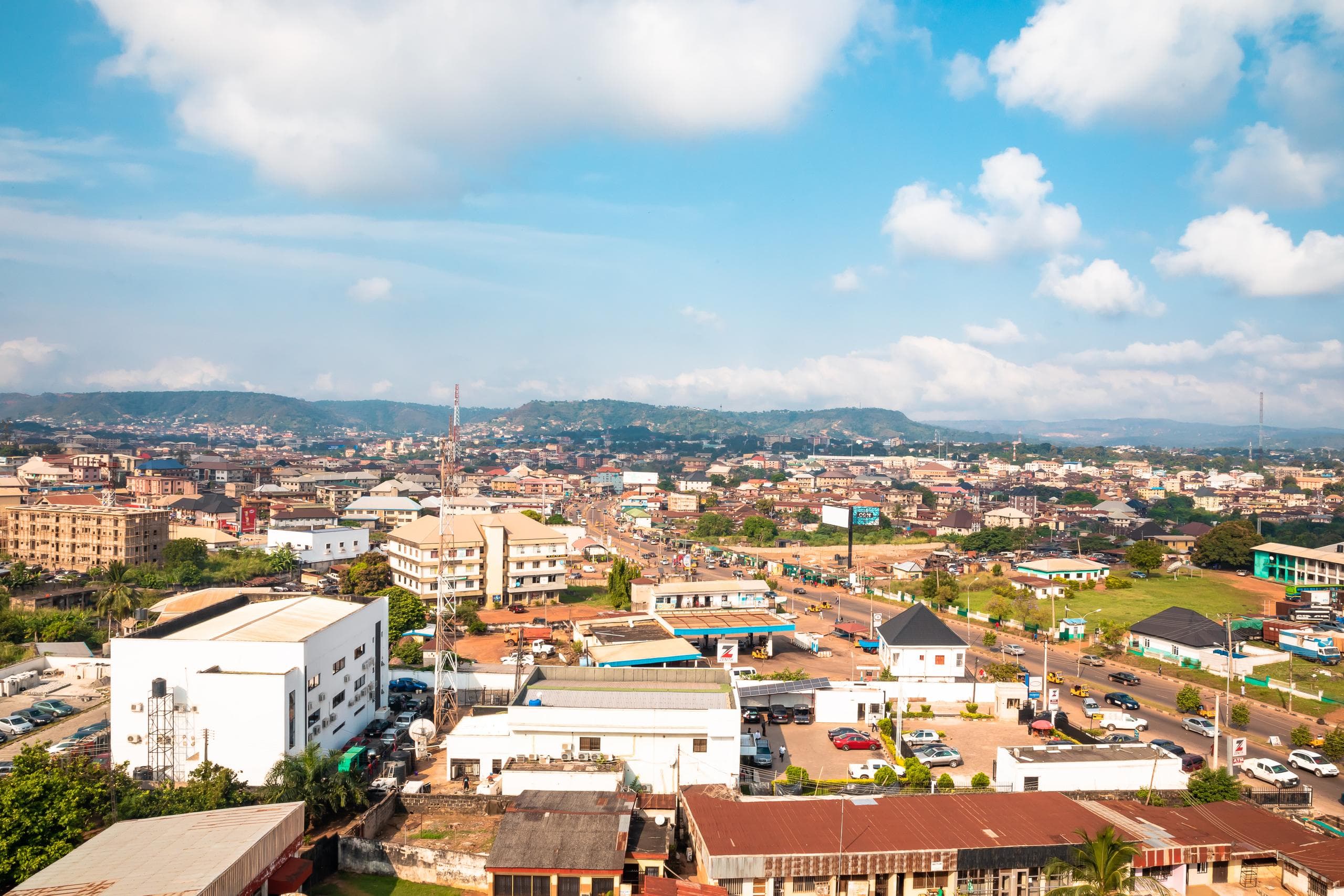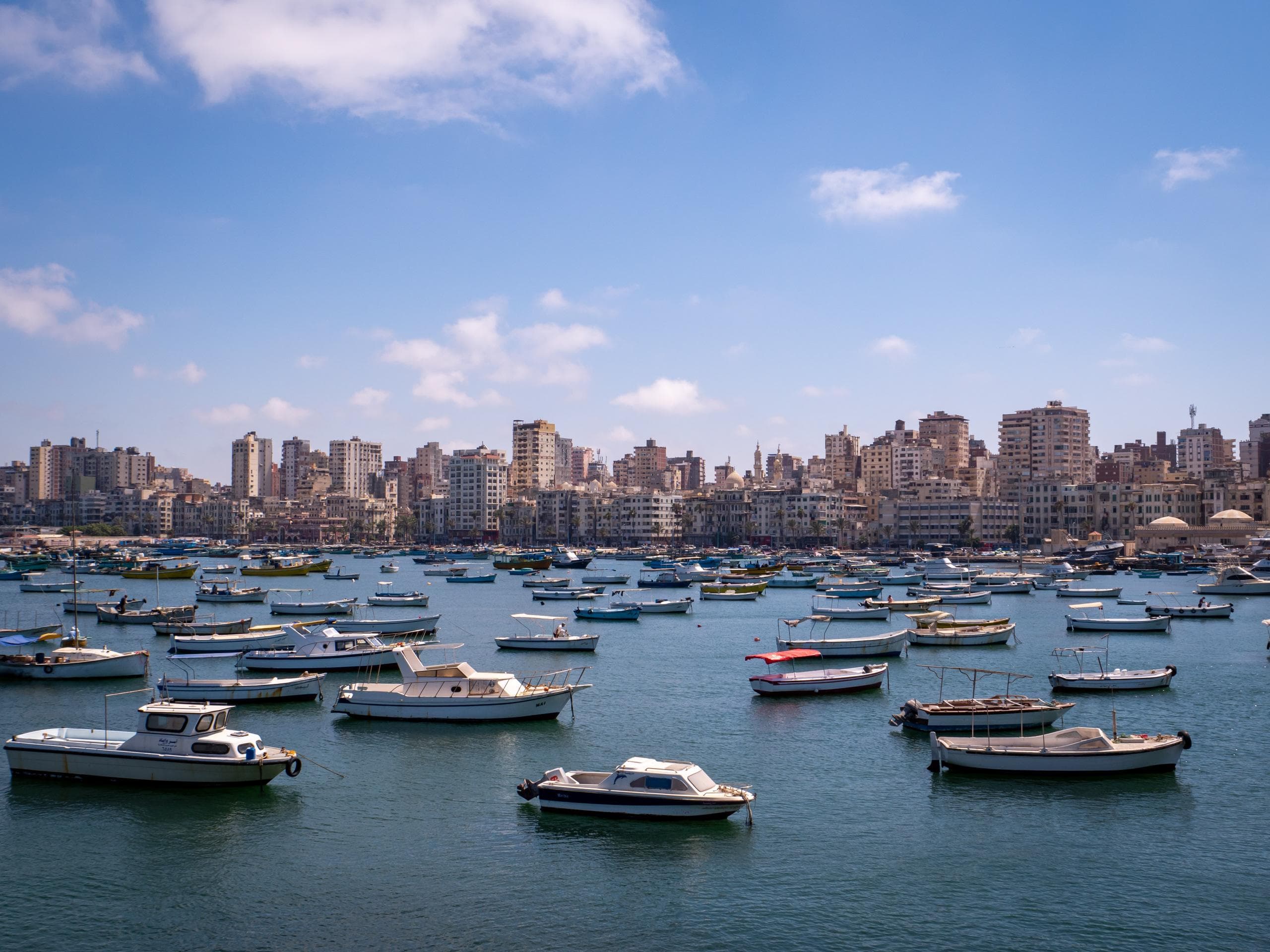History of Nigeria
This website aims to inform you about Nigeria's history and is focussed especially on the time of colonialism and its connection to the UK. It is a school project by students at the Pelizaeus Gymnasium Paderborn. The source code is available on GitHub. Learn More.

Photo by Ovinuchi Ejiohuo on Unsplash
Colonialism
1862 🛡️ Britain makes Nigeria a protectorate
Britain turns Nigeria into a protectorate.
After that the Europeans traded with the Nigerian society only by using ships, but they didn't move forward, as they were afraid of diseases.
But in the middle of the 19th century the situation changed and the Britains dared to go on expeditions.
The result of that was Britain turning Nigeria into a so-called protectorate, which means that Britain controlled the foreign policy but had no direct influence on the country.
1886 👑 Britain makes it a crown colony
Britain turns Nigeria into a crown colony. Nigeria now got directly ruled by Britain and is under it's control.
1899 🇬🇧 All land sold to the UK
Land sold to Britain.
The „Royal Niger Company“, which belongs to the UK, captured a lot of land in the middle of Nigeria and protected it as a company on their own form of other countries who also wanted the land.
Nevertheless they eventually sold all their captured land to the British government.
The UK now slowly began to capture the rest of the land.
1914 ☯️ North & south colonies united
North- and south Nigeria get merged.
The colony was first split into two separate parts: north- and south Nigeria.
These two colonies got united into one big colony but their society was still split apart.
1954 ↔️ Colonies split up into north, southwest, and southeast
Nigeria gets split up in north, south-west, and south-east. All of them have their own administration and parliament. This should decentralize the country.
1960 ✊ Independence
Nigeria becomes an independent state.
Britain releases Nigeria into the independence.

Consequences of the Colonialism
Due to the arbitrary setting of borders, ethnic disparities arose, as peoples with completely different views, rules and ways of life suddenly had to get along with each other.
This could be seen as the main reason for the civil war.
Also the country had lost a lot of money because of the British sway.
This still effects the Nigerian economy.
The name of Nigeria
Although the British colonialism on Nigeria had lots of bad impact on the country, there was actually a positive thing that came from it:
Did you know that the name Nigeria was actually given to the country by a British journalist?
It was Flora Shaw who was responsible for the name that we know today.
She later married Lord Frederick Lugard, the governor of both the Northern and Southern protectorates of Nigeria.
The name was formed from the words "Niger", the longest river in the country, and "Area".
Over time the words merged together to form "Nigeria", which has been the name of the country ever since.
Starter template made by Ville Säävuori ✨
Moderated by Lennart Schröder 📝
Hosted by Lukas Langrock 💻
About
- Imprint
- Privacy Policy
© Lukas Langrock 2021,
MIT License
© Ville Säävuori (@uninen) 2020,
MIT License
© Font Awesome Free License,
CC BY 4.0